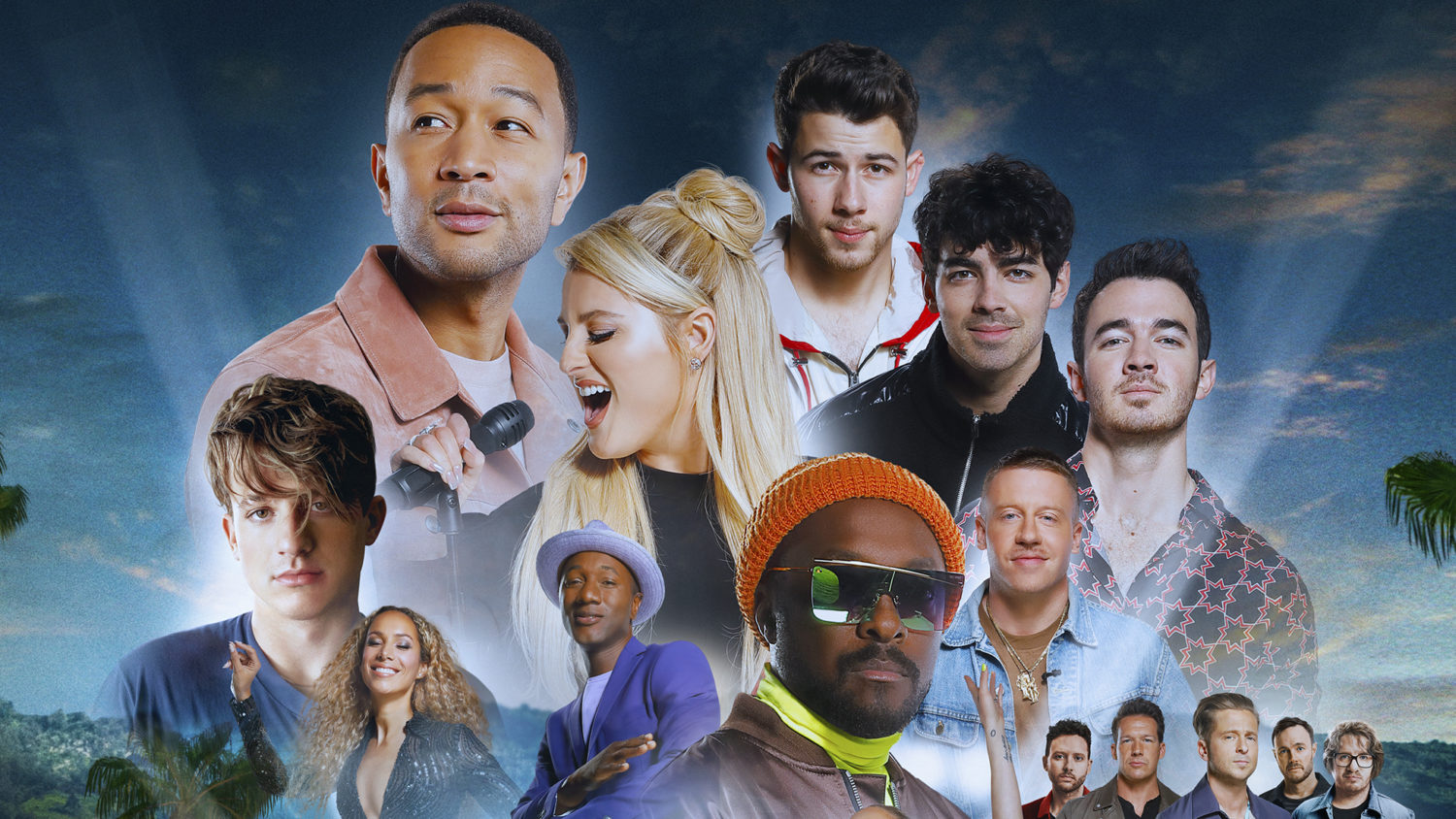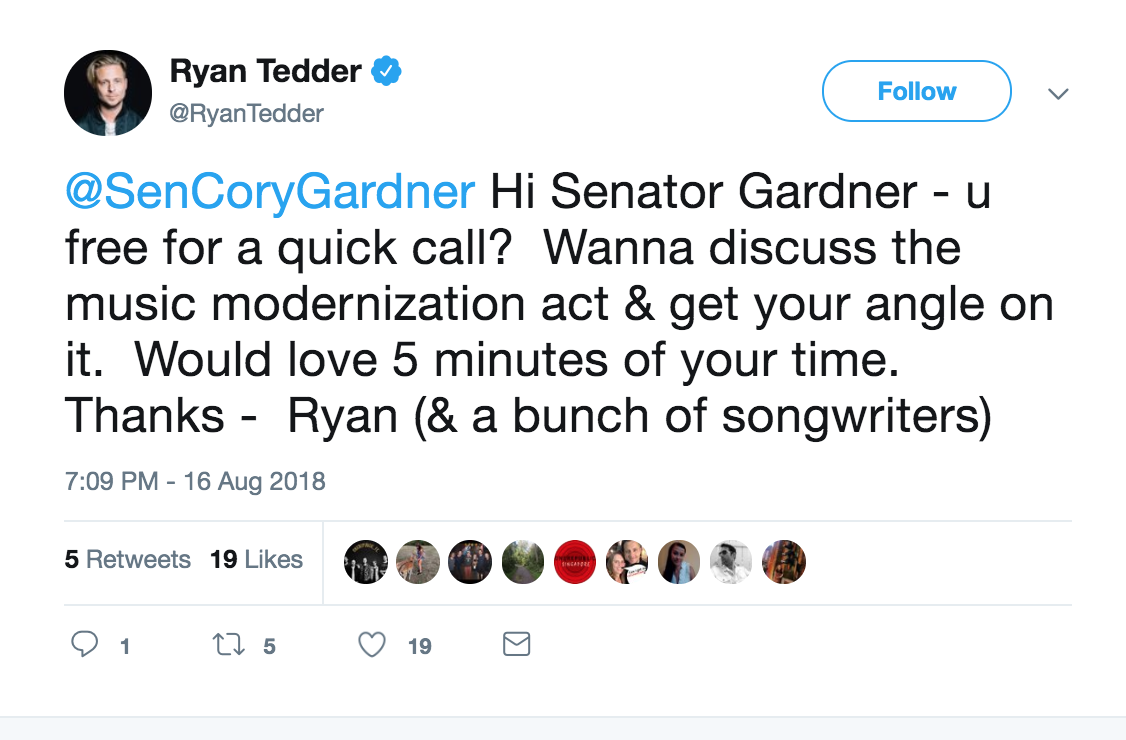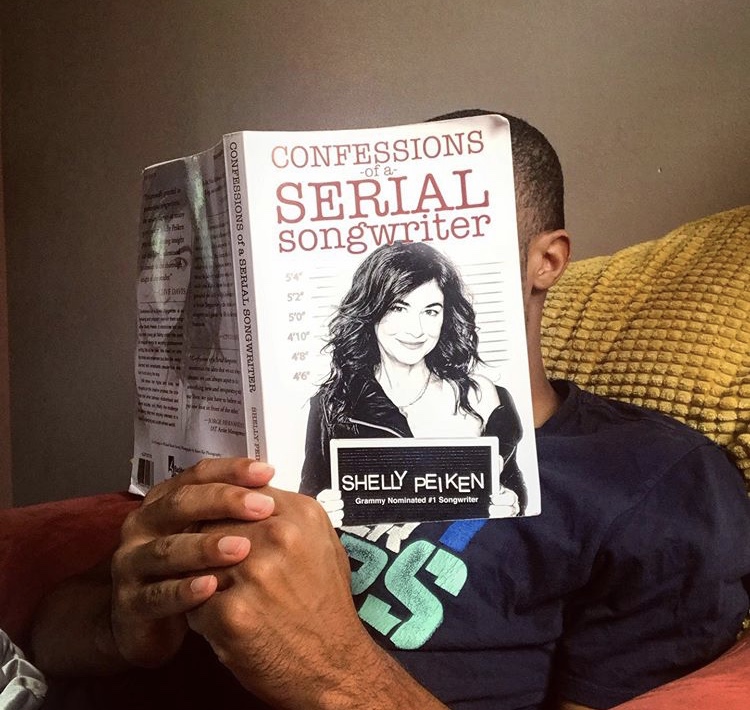Songland 2019

I wrote a piece about NBC’s Songland a few years ago when it was still just a twinkle in its creators’ eyes. Unlike other musical competition shows, Songland would spotlight original songs as opposed to spotlighting the singer. The songs would be reviewed, critiqued and improved by a panel of judges. Then a guest, who is also a major recording artist, (John Legend, Meghan Trainor, Kelsea Ballerini) would record and release each episode’s winning song. Fantastic opportunity for a songwriter. Seriously. Can I apply?
Finally a show that would recognize US! The unsung hero behind the actual song! That said, you may not be surprised to know I have issues with the concept, like:
In real reality watching people write a song can be like watching paint dry. A camera is going to change the process, the behavior and the outcome. A song can take more than a session to unfold. A better line or phrase may revel itself in a dream, or in the shower or while driving home. It’s a way more poetic, ironic and intimate process than any camera can reflect.
But this blog isn’t about that. It’s about fairness. And back in 2016 after having a look at a submission form on behalf of a client Entertainment lawyer Wallace Collins reported that:
“NBC would own all rights to use and exploit all of your songs involved in the show including the songs you submit in the initial application.”
Really? That’s brutal! If the show’s intention is to honor the songwriter, it’s not a good look to rip them off. 🙄
Just so you know: it’s customary for a writer to co-publish a song, that is, split the publishing share of a copyright with an entity that arranges a co-write, helps place the song with an artist or perhaps puts a song ‘in play’ on a new TV show! But the “writers” share of the royalties has always been non-negotiable, sacred. Nobody touches it. Until now. (In fact film studios have started to insist that a ‘work for hire’ means a composer must turn over all ownership of their copyright. Is there no end to corporate greed?)
In addition, the submission form stipulated that participants would have to waive all synchronization fees — licenses for use on subsequent TV shows, ads, films — Synchs are customarily split 50/50 between the master owner (the recording) and the copyright owner (writer and publisher).
The Voice and American Idolhave had similar agreements in that they own the footage of a performance. But a song is a different story. A song is a piece of property that can be performed and recorded over and over again. For the writer to never profit from that is insane.
In a recent piece by Marissa R. Ross, One Republic’s Ryan Tedder — a judge on the show and a passionate creators’ rights advocate (he convinced Colorado Senator Cory Gardner to change his mind when we needed his “yes” vote for the 2018 Music Modernization Act to pass) — spoke of the many challenges songwriters face in a streaming marketplace. Not that he faces them himself anymore. But he remembers them well. He reminds us “Not only are we on the bottom of the food chain, the way the payment structure is set up, we get paid the least. And with streaming, that income has dropped drastically.”

I met and worked with Ryan before he blew up and I can attest he was living by humble means in a modest apartment near Pico Blvd. with a cat who liked to bite my toes! I know. TMI!
From Ryan’s tone, it would appear that NBC has changed its tune since 2016, re-evaluated and revised the contract. In anticipation of the show finally airing the songwriting community has been speculating and a damaging piece from THE WRAP saying contestants will be giving their music away for free, has been re-circulating. Dozens of writers emailed me last week asking if I knew what the deal was. I don’t.
I’d also be curious to see if the guest recording artist’s name (or the judge’s name for that matter) will be included in writer’s credit on the winning songs. Having possibly made suggestions as to how the composition could be stronger, I dunno, maybe that’s a fair ask.
Yesterday, May 28th, on the day the show aired, Variety reported that the Songland contract was amended and that the casting website has assured that songwriter contestants “will keep intact all trademark, copyright, and other intellectual property notices.” Hmm. Are there loopholes in that wording? What does ‘keep in tact’ actually mean? "It depends on what the meaning of the word 'is' is.” You can keep something ‘in tact’ and still be pressured to give it away, can’t you? Can you blame a girl for being paranoid? After all, it’s the Music Business!
But seriously, let’s not assume. Let’s give Songland a chance. Here’s hoping they did the right thing and decided to leave songwriters with some crumbs on their plate.
What’s say you Songland? Can you reassure the contestants, creators’ rights advocates and intellectual property champions that there won’t be any ambiguous language, squirrelly fine print or surprises in contestant contracts to follow? Inquiring minds want to know. Do tell.
P.S. After I shared this blog it didn’t take long for some answers to start coming in. I posted them here: https://www.facebook.com/serialsongwriter/photos/a.270888869729341/1288574164627468/?type=3&theater
Thank you for reading. Get a copy “Confessions of a Serial Songwriter.” If you'd like to receive my blog via email, please click here. Visit my Serial Songwriter Facebook Page and give it a like if you'd be so kind. Follow me on Twitter and Insta. Thank you for your ongoing support.

